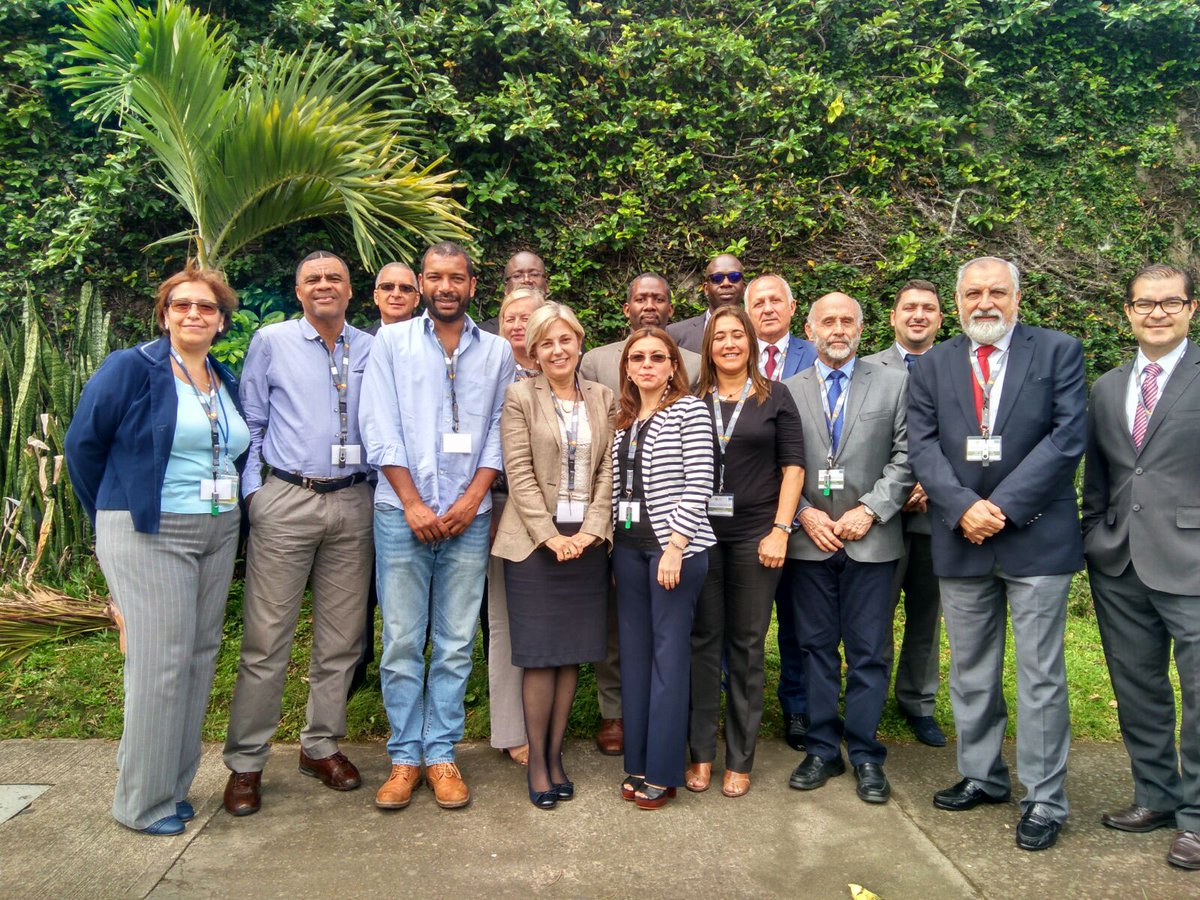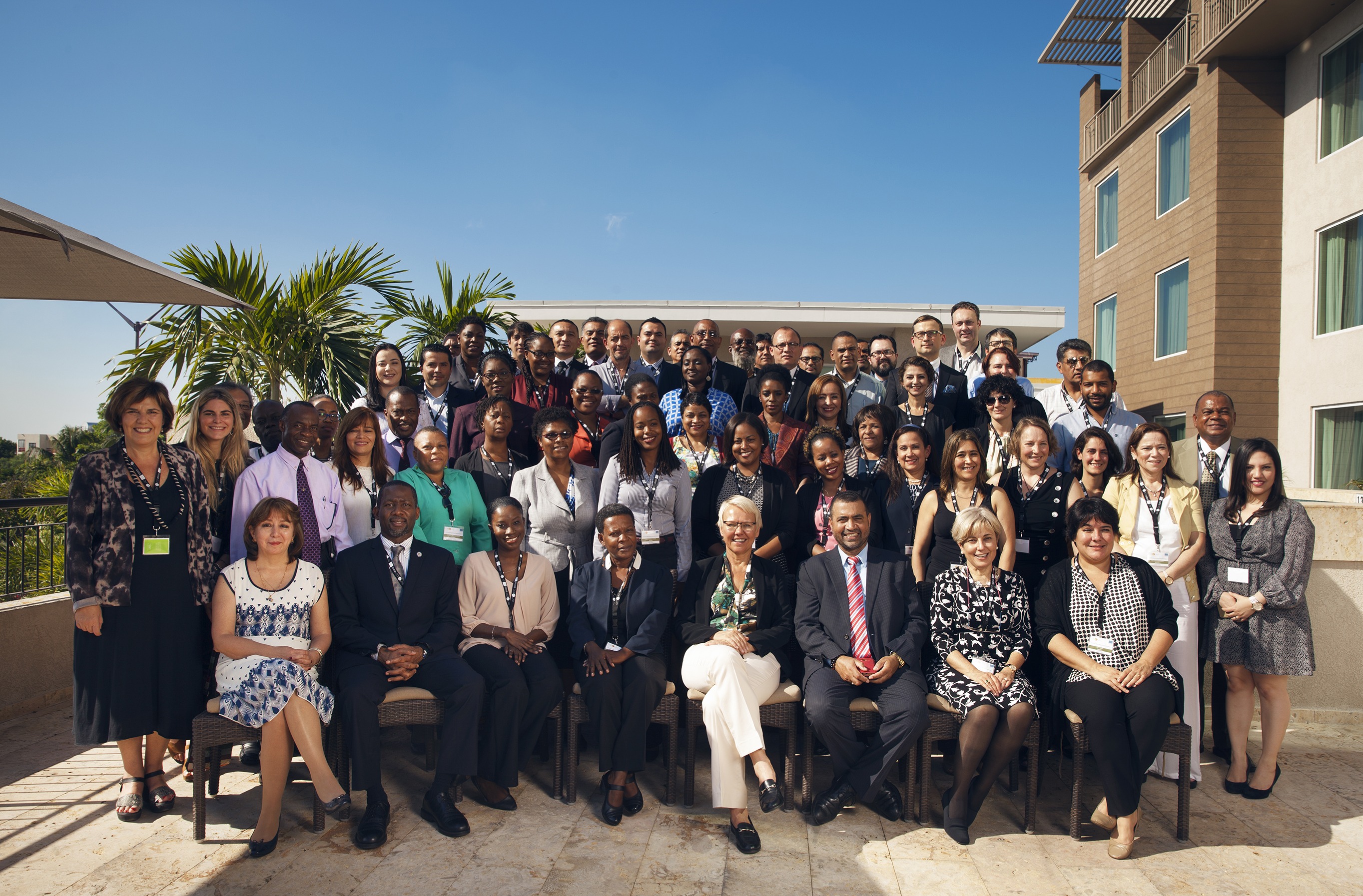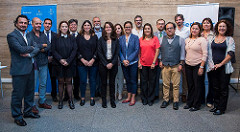Regarding the Component devoted to the Strengthening the National Drug Observatories, by the end of 2019, we have closed all the products developed by the four working groups set up within the framework of COPOLAD II, in addition to providing us with a time for reflection and review of all the progress made since 2016, within this collective and participatory work framework.

This revision stage demanded a basic and no minor task, which is the translation of the original documents, to finally have quality versions in Spanish and English. This process has demanded time and simultaneous and successive revisions, both among those who, as experts, made up the specific working groups, as well as from the Inter-American Observatory on Drugs (CICAD-OAS) and the European Monitoring Centre for Drugs and Drug Addiction (EMCDDA), as COPOLAD collaborating entities, which have also actively participated in the working groups, throughout the programme. Reviews have also been requested from the Pan American Health Organization (PAHO/WHO), in the area of Design of studies to evaluate and validate scales and indicators of “Problematic Drug Use”, while it participated in the coordination meetings and early methodological discussion, also a collaborating entity of COPOLAD.
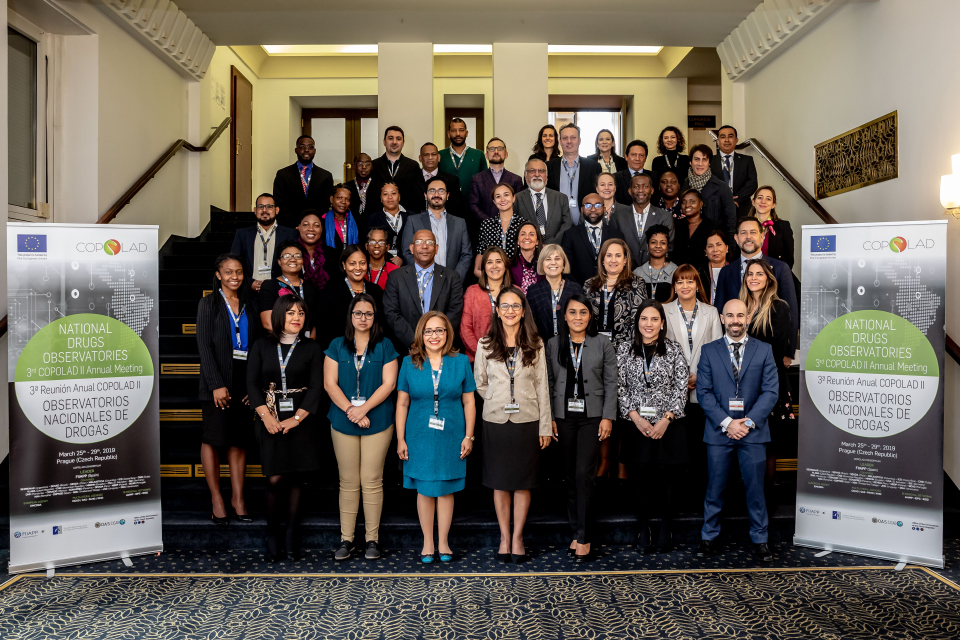
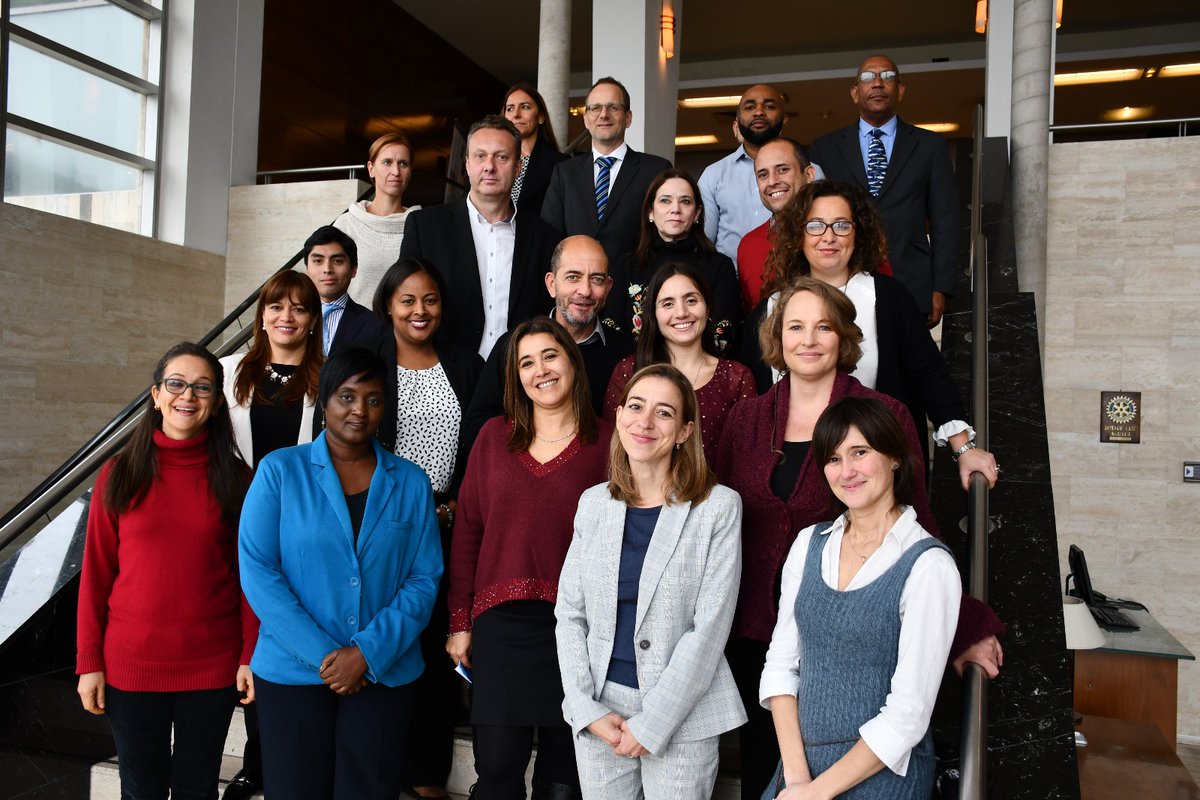
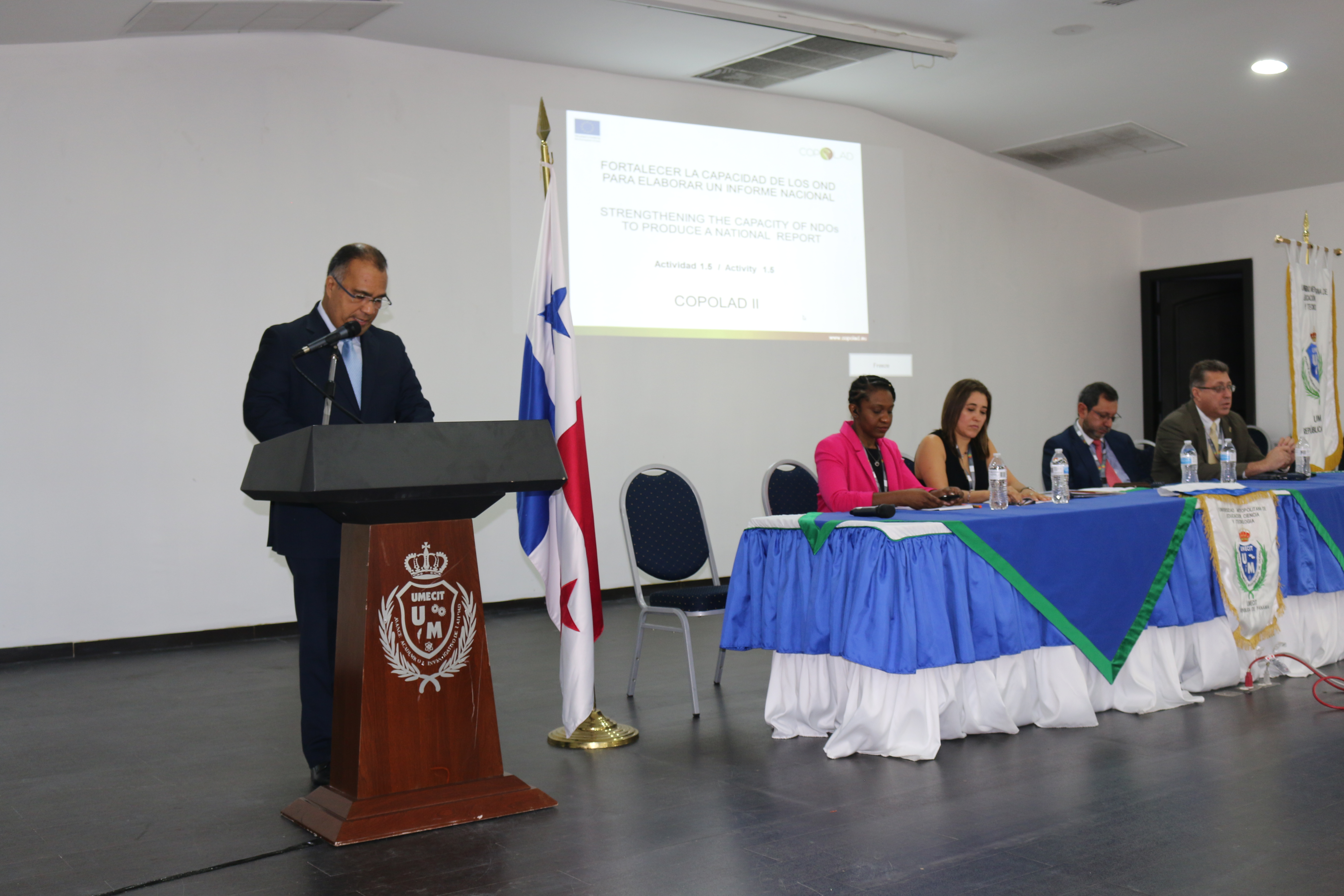
These review processes have contributed corrections, expansions and some valuable changes that have crystallized into better products. It has also allowed to sustain the South-South dialogue and the transatlantic (triangular) dialogue, testing the commitment and interest of all actors in this process of joint growth, on issues and aspects that are of common interest to the National Drug Observatories, regardless of their levels of development and the part of the region in which they operate. A good example of how these processes are well reflected is the constitution during COPOLAD II of four new National Early Warning Systems, under the leadership of countries in the region itself and with the support of reference countries in the EU, and the fact that other countries are in the process of establishing them, while sixteen countries prepared their National Drug Reports for the first time and two are still finalizing them.
In this sense, how to implement an Early Warning System (EWS) on drugs and emerging phenomena; how to estimate the harmful use of substances and how to address threats and new emerging problems, are issues that are being analysed by experts from Latin America and the Caribbean and Europe, and COPOLAD II will end with valuable methodological support products to support the management of the challenges that countries have to face in relation to drugs.
COPOLAD II will, therefore, end up making available to countries:
- a handbook for the implementation of an EWS on drugs and emerging problems of national scope;
- a support document for the validation study of indicators of “Problematic Drug Use;
- a conceptual and methodological document on emerging threats and problems in the region, and
- a guide with selected dimensions and indicators for preparing National Drug Reports.
In this way, the documents prepared - which in both versions will be edited shortly - through the different activities that were developed in Component 1 of COPOLAD II, can be considered a good synthesis of the state of these concerns, providing guidelines, concepts, suggesting ways forward and facilitating useful methodological tools for the strengthening of NDOs, as has been the main objective of this Component. Moreover, the Situational Analysis of National Drug Observatories in Latin America and the Caribbean.
For all this, we are deeply grateful to all the Latin American and Caribbean countries that were involved in their leadership and participation role; to the European countries in their role of accompanying the working groups; to the international organizations (UNODC, PAHO) and collaborating entities that provided their unconditional support and to the regional reference observatories (EMCDDA and OID-CICAD) that were permanent consultation bodies and reviewed of the documents produced, as well as their participation in each working group.
